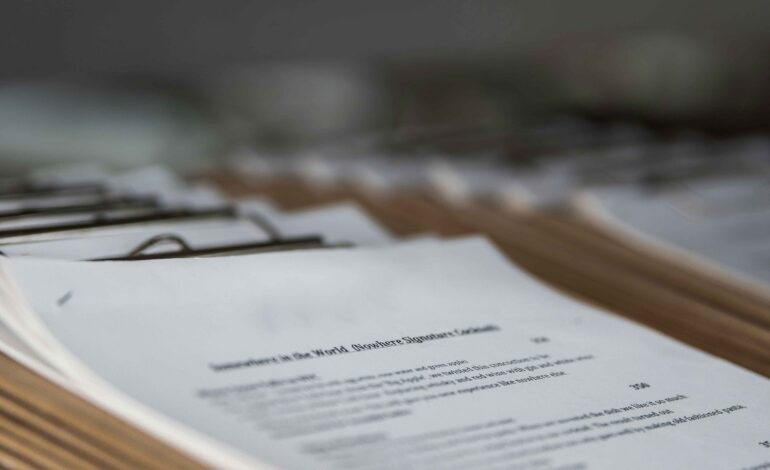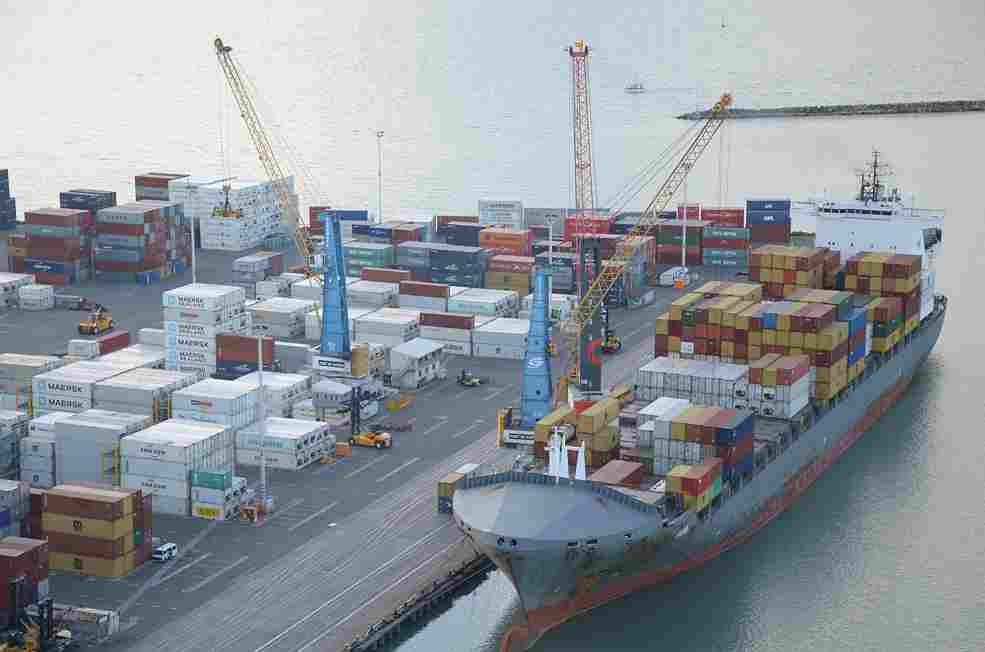
Bunker Fuel Standards: Understanding ISO 8217 and Regulatory Compliance
Introduction: Bunker fuel standards are the cornerstone of maritime operations, ensuring the safe and efficient propulsion of vessels while addressing environmental concerns. Among the myriad of standards, ISO 8217 stands out as a globally recognized benchmark, providing guidelines for the quality and performance of marine fuels. Understanding ISO 8217 and its alignment with regulatory frameworks is essential for shipowners, operators, and industry stakeholders to navigate the complex waters of compliance and sustainability.
ISO 8217: A Comprehensive Framework ISO 8217, established by the International Organization for Standardization (ISO), sets forth specifications for marine fuels, encompassing various parameters such as viscosity, density, sulfur content, and stability. The standard distinguishes between different fuel grades, including distillate fuels (e.g., marine gas oil) and residual fuels (e.g., heavy fuel oil), each tailored to meet the specific requirements of marine engines and operational conditions.
Key Parameters and Requirements Viscosity, a measure of fluid’s resistance to flow, is a crucial parameter outlined in ISO 8217, influencing fuel injection, combustion efficiency, and engine performance. The standard specifies viscosity ranges for different fuel grades, ensuring optimal flow characteristics while minimizing operational risks. Density, another vital parameter, affects fuel consumption, storage capacity, and handling procedures, with ISO 8217 stipulating permissible limits to maintain fuel quality and compatibility.
Sulfur content is perhaps one of the most scrutinized parameters in ISO 8217, especially in light of increasingly stringent emissions regulations aimed at reducing air pollution and mitigating environmental impact. The standard delineates sulfur limits for marine fuels, with lower thresholds mandated in emission control areas (ECAs) to curb sulfur oxide (SOx) emissions and safeguard air quality. Compliance with sulfur regulations, such as the International Maritime Organization’s (IMO) sulfur cap (IMO 2020), necessitates the utilization of low-sulfur fuels or installation of exhaust gas cleaning systems (scrubbers) to achieve regulatory compliance.
Stability and Compatibility Fuel stability and compatibility are paramount considerations in ISO 8217, addressing the risks of sedimentation, microbial contamination, and fuel system corrosion. The standard prescribes stability parameters, such as oxidation stability and sediment content, to mitigate fuel degradation and ensure long-term storage viability. Moreover, compatibility testing is essential to assess the suitability of blended fuels and prevent adverse interactions that could compromise engine performance and safety.
Regulatory Alignment and Compliance ISO 8217 serves as a foundational framework for regulatory compliance, harmonizing with international conventions and local regulations governing marine fuel quality and emissions. The standard’s flexibility allows for adaptation to evolving regulatory requirements, facilitating seamless integration into industry practices and enforcement mechanisms. By adhering to ISO 8217 specifications, shipowners and operators can demonstrate compliance with regulatory mandates, mitigate operational risks, and uphold their commitment to environmental stewardship.
Challenges and Future Outlook Despite its robustness, ISO 8217 faces challenges in addressing emerging issues such as alternative fuels, decarbonization, and digitalization. The transition towards cleaner energy sources, such as liquefied natural gas (LNG) and biofuels, necessitates revisions to existing standards to accommodate new fuel types and performance criteria. Additionally, advancements in digital technologies, such as blockchain and IoT sensors, offer opportunities to enhance transparency, traceability, and quality assurance throughout the bunkering supply chain.
Conclusion In conclusion, ISO 8217 serves as a beacon of excellence in the realm of bunker fuel standards, providing a comprehensive framework for quality assurance, regulatory compliance, and operational excellence. By embracing ISO 8217 and aligning with evolving regulatory mandates, the maritime industry can navigate the seas of uncertainty with confidence, resilience, and sustainability. As the journey towards cleaner and more efficient marine fuels continues, ISO 8217 will remain a steadfast guidepost, guiding the course towards a brighter and greener future for global shipping.





